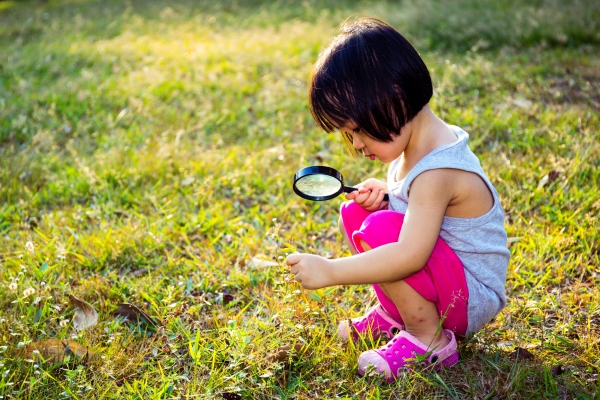Taking a long, relaxing bath; going for a walk in the countryside; writing an entry in a daily journal. These are all things that may come to mind when someone says the phrase self-care.
They all involve taking time to do an activity that helps us to look after our own mental, emotional and physical health.
And that’s exactly why counselling is a form of self-care too, says our member Kate Megase.
Providing the tools to look after yourself
“Counselling helps provide you with the tools to be kinder to yourself,” adds Kate.
“We’re often overworked, we don’t take time to rest, we feel stressed. There’s always so much going on.”
Speaking to a counsellor can help you recognise the need for changes to your lifestyle to address is such as poor sleeping. Your counsellor is then there to help you process these changes and put them in to place.
“A counsellor can help you to recognise the lifestyle changes you may need to make.
“They can help you find the right tools that work for you so that you can be kinder to yourself,” says Kate.
Helping with emotions
“Counselling helps you to understand how your thoughts affect the way you feel, and how your feelings affect your physical response,” adds Kate.
“As counsellors, everything we do is about assisting with emotions. This might be helping people to understand how they feel about themselves, how they respond to certain emotions, what triggers certain emotions.
“Dealing with emotions is an important part of self-care,” says Kate.
Awareness
“Awareness is a huge part of self-care,” says Kate.
“Once you’re aware of a problem, you can start to do things to make a change.
“People often feel stuck, they don’t know what the matter is.
“Therapy helps to make people more self-aware. It helps them understand their learnt behaviour, the roles they play in relationships, to be more aware of what’s happening in their sub-conscious mind.”
She says that counsellors are trained to help people “understand their minds”.
“You come to see your mind as part of you. If you ignore your mind, everything else won’t work.”
Understanding yourself
Kate describes how there’s also an element of self-care in people coming to terms and understand their own identity.
“A counsellor helps people know themselves, not just the version of them that appears on social media.
“When we know who we are, it gives us the chance to truly reach our potential,” she adds.
Self-esteem boost
Kate talks about how often we’re dissatisfied with our lives because of external things that negatively impact how we feel about ourselves.
Talking to a counsellor can help you understand the internal and external factors that influence how you feel about yourself. It can help to build up your self-esteem.
“High esteem can be a source of our own happiness,” says Kate.
Creating a connection
Self-care isn’t a selfish act.
Once you have looked after your own needs and wellbeing, you’re also often in a better place to give to others as well. Self-care can have a positive impact on relationships and friendships.
“We all crave connections, we’re not created to be alone. Relationships are very important,” says Kate.
“Therapy helps us to understand the relationship with ourselves – so that we can then go on to build relationships with others too. That’s a form of self-care.”
It’s all about you
All the different methods of self-care are about having some ‘me-time’, says Kate.
It’s not about you as a mother, wife, husband, child, friend or employee – but just about you.
“Counselling gives you a space where you can completely be yourself,” says Kate.
“The focus is on you. You don’t have to hold back, be afraid, you won’t be judged. There is no hidden agenda. You don’t have to have any secrets or feel any shame and guilt.”
She adds that it can help you understand more about yourself too – a form of personal development.
“It’s a journey of self-discovery,” adds Kate.
To find a counsellor or psychotherapist who can help you visit our Therapist Directory.

Thinking about therapy?
If you're not sure whether therapy could help, what type of therapy you need, or how to find a safe and effective therapist, we'll help you find the information you need.

What therapy can help with
An A-Z list of issues and concerns which may be helped by talking to a counsellor.

Therapist Directory
How to use our online therapist directory to search for a counsellor or psychotherapist by location, services or specialisms
